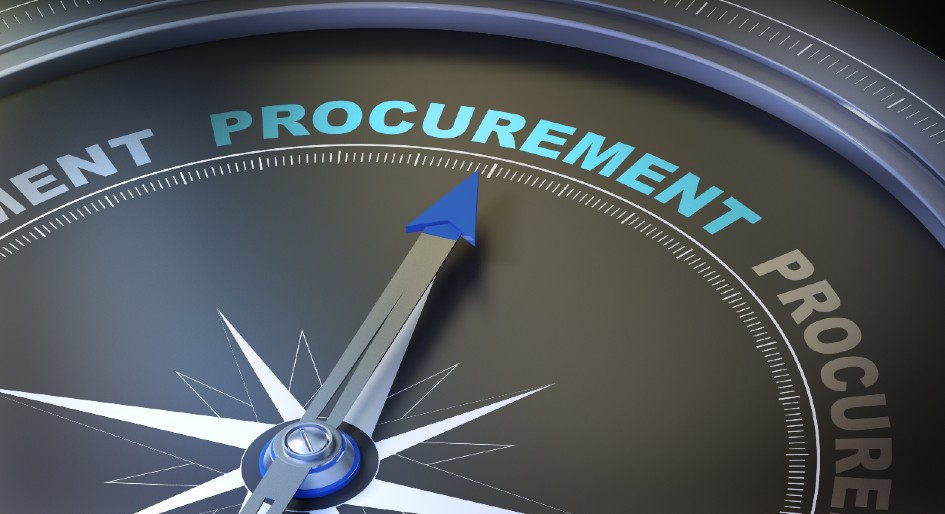The federal government’s Competition Bureau served production orders on more than 140 condominium corporations in the Greater Toronto Area in 2016, seeking documents related to alleged improprieties in tendering of high-value condo refurbishment projects. Five years after the launch of this wide-scale investigation into procurement practices, the outcome emerged this past March as criminal charges under the Competition Act were filed against four contractors and two individual defendants.
These criminal allegations have yet to be proven in court; the outcome of these prosecutions remains unknown.
However, the fact that the federal government has focused on condo procurement for investigative scrutiny should be sufficient reason for diligent condo boards to examine their procurement practices and identify possible red flags that might indicate risks of tendering improprieties and bid cost inflation.
Can you trust referrals from your licensed property manager?
In the perfect world, your condo’s property manager should be a trustworthy source for referrals to a wide spectrum of suppliers and contractors, including for large-dollar-value projects. In the real world, this trust might be questionable. As the phrase goes: if you trust, you first need to verify.
It is routine for property managers, or their supervisors at management companies, to refer business to their preferred suppliers and contractors. In some circumstances these referrals will be merited by performance and worthy of trust. However, if property management is ethically compromised, these possibly might be deceptive referrals to contractors with kickback payment schemes and overpricing in full operation.
How can condo directors mitigate these ever-present concerns in bid tenders and procurement for high-dollar-value projects? Here are three major red flags for procurement risks:
Contractors and suppliers who promote themselves as “specializing in condominiums”
Boards should take extra care and caution with contractors for large-scale projects who claim specialization in the condo market. This possibly could be contractor language for “specializing in duping uninformed condo boards to pay above fair-market rates”. The majority of condo board directors are untrained, inexperienced volunteers who may be vulnerable to deceptive proposals when blindly soliciting contractor services for major projects.
Few condo directors have experience in high-dollar-value corporate procurement. Fewer still have the business skills needed to develop rigorous procurement guidelines for their corporations. Many directors also lack the personal skills required to drive assertive negotiating positions for the benefit of their corporations. These directors risk falling prey to smooth-talking contractor sales representatives who can deftly overprice their proposals or perhaps engage in serious improprieties such as kickback payments offered to ethically compromised parties.
Expert Tip: In order to mitigate these risks, it is generally preferable to choose contractors and suppliers with strong experience with commercial properties, not just condominium properties. Commercial building owners and their property managers are clients with high professional awareness who understand what fair-market value should be for work proposed.
Suppliers and contractors who serve commercial properties typically know their bids and proposals will be very closely scrutinized, and any anomalies will be flagged and intensively questioned. Commercial property management generally has strong reporting structures and diligent internal controls, which deter rogue project bidders and corrupt pricing schemes.
Mindful of all these advantages, condo boards should consider seeking suppliers and contractors who have a strong record of servicing commercial buildings, perhaps with secondary focus on condominiums. Generally, it’s probably best to avoid—or hold to very rigorous and intense scrutiny— suppliers and contractors who serve condos exclusively.
Contractors and suppliers with questionable history of litigation
The Ontario Ministry of the Attorney General operates a web portal that lists all past and ongoing litigation claims across the province. These include claims filed in the Superior Court as well as the small claims court. By obtaining a free Service Ontario “One-Key” login (available at www.iaa.gov.on.ca), you can search the litigation history of your condo’s contemplated suppliers and contractors. Examine the dates and types of claims, the names of plaintiffs and defendants; then assess whether there might be risks with doing business with certain suppliers and contractors.
Contractors and suppliers with questionable relationships on the internet
Take time to conduct deep internet searches, social media searches and Facebook searches that might uncover relationships between suppliers and contractors and members of your condo’s property management team. Use deep searches to uncover other questionable flags that may be present, such as fraternization of suppliers and contractors with property managers and their family members. Any sort of flagrant social association uncovered on internet sources possibly could suggest compromised business ethics in tenders and procurement. There are special investigative techniques that can assist in this type of deep research, so it might be more diligent to engage an outside specialist consultant to conduct internet investigations using more sophisticated tools.
Concerns about questionable contractor relationships also extend to condo board members. Procurement schemes that involve a condo corporation’s signing officers are a particularly insidious risk for which any diligent board should be mindful. Suite renovation for a board officer that curiously coincides with a major common-area refurbishment project is an example of a red flag that should be explored.
William Stratas is managing director of Eagle Audit Advantage Inc.





